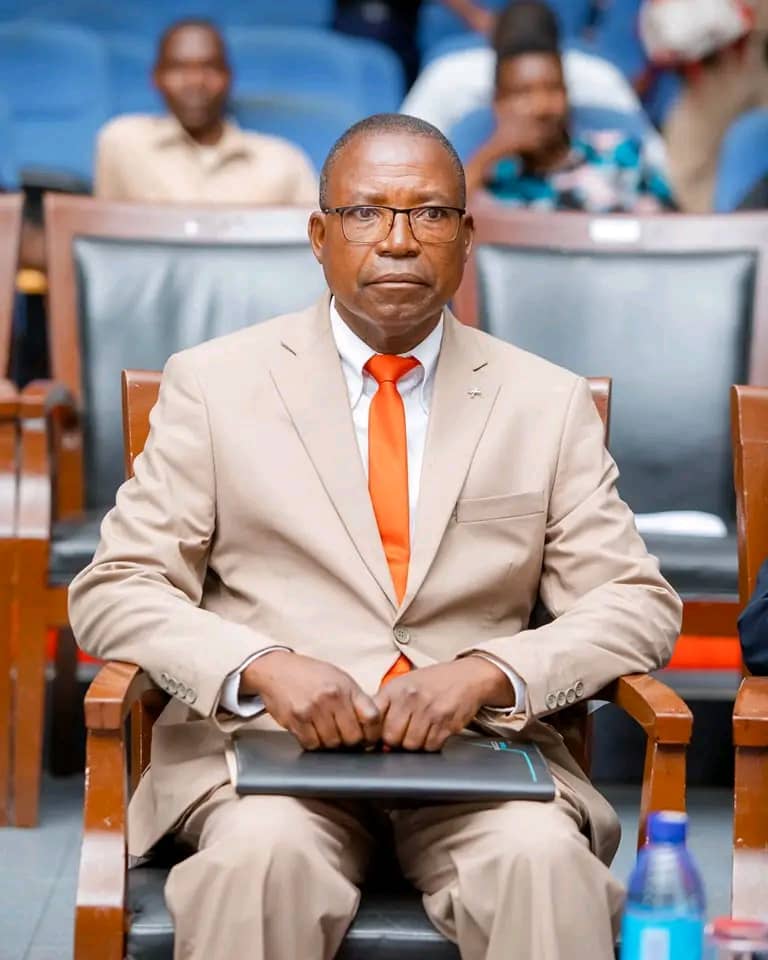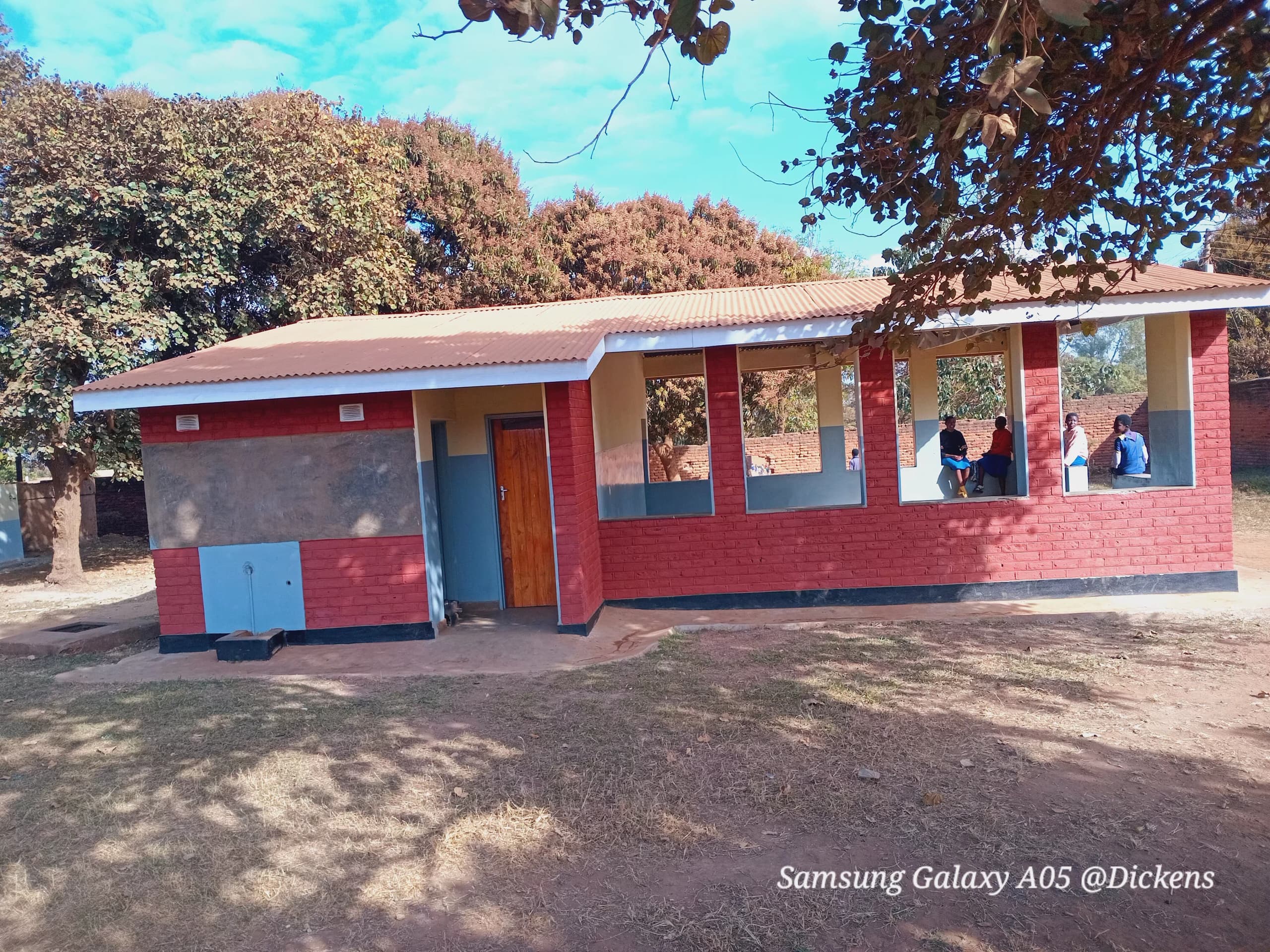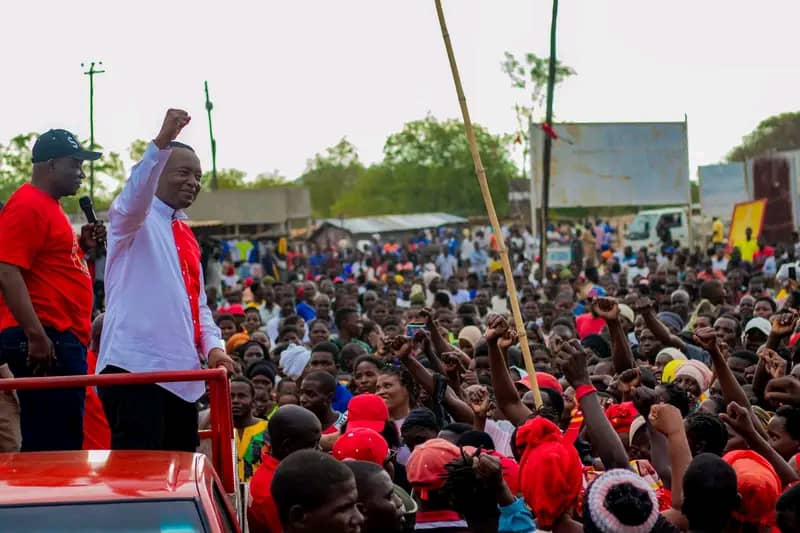By Burnett Munthali
For 25 years, Afrobarometer has been a beacon of hope for evidence-based policymaking in Africa. Known for its rigorous methodology, the organization ensures that surveys reflect the realities and aspirations of the diverse populations across the continent. At its core, Afrobarometer’s approach embodies inclusivity, giving a voice to individuals from all walks of life.
Afrobarometer employs a meticulous, stratified random sampling technique that captures a true reflection of national diversity. Surveys are conducted in urban and rural areas alike, ensuring balanced representation of gender, ethnicity, language, and socio-economic status. By sampling approximately 1,200 to 2,400 respondents per country, with a margin of error of only ±3%, the findings provide a reliable snapshot of public opinion.
This methodology ensures that no community is left out, whether it’s a farmer in Malawi’s Kasungu district, a trader in Lagos, or a teacher in South Africa’s Limpopo province. By covering a wide geographic scope, Afrobarometer paints a vivid picture of the continent’s social, political, and economic landscape.
To truly resonate with Africa’s diverse populations, Afrobarometer conducts interviews in respondents’ preferred languages. This approach bridges the language divide, allowing individuals to express their views comfortably and authentically. By investing in multilingual survey tools and trained enumerators, Afrobarometer ensures that even those in remote areas, speaking indigenous languages, are heard.
Afrobarometer surveys delve into issues that matter most to ordinary Africans: governance, economic conditions, public service delivery, and democracy. This focus ensures that results are not just abstract statistics but a reflection of daily struggles and aspirations.
For instance, recent surveys have highlighted Africans’ concerns about unemployment, corruption, and access to healthcare, providing actionable data for policymakers and civil society organizations. The inclusion of marginalized voices has also shed light on inequalities and barriers that hinder equitable development.
Afrobarometer’s open-data approach ensures that findings are freely available to governments, researchers, and the public. This transparency strengthens accountability and fosters dialogue between decision-makers and citizens. As Africa grapples with challenges like poverty, climate change, and political instability, such data-driven insights have become invaluable.
At 25 years, Afrobarometer’s work is more than just surveys; it is a testament to the power of listening. Its methodology not only captures data but also empowers individuals to share their experiences, fostering a culture of engagement and accountability.
As the hashtag #VoicesAfrica aptly signifies, Afrobarometer amplifies the voices of Africa’s people. It bridges the gap between governments and citizens, ensuring that every opinion counts in shaping the continent’s future.
As Afrobarometer charts its path forward, its commitment to methodological rigor and inclusivity will continue to be its greatest strength. By ensuring that no voice is left unheard, it will remain a vital tool for understanding and addressing Africa’s most pressing challenges.




